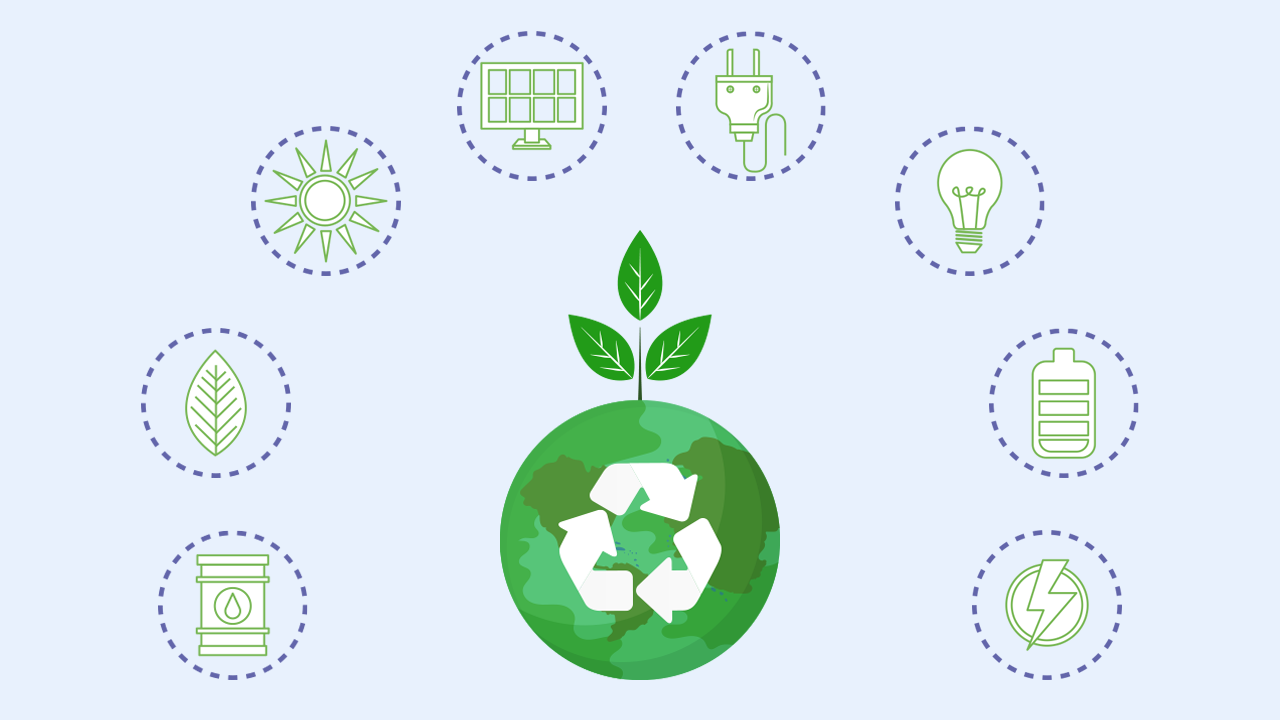Focus on Sustainable and Eco-Friendly Practices: Social Enterprises Leading the Green Movement
Social enterprises are at the forefront of addressing environmental challenges by prioritizing sustainability and developing eco-friendly products and services. With climate change becoming an urgent global concern, these organizations are taking innovative approaches to reduce environmental impact and promote green practices. By integrating sustainability into their core missions, social enterprises are driving meaningful change and inspiring others to follow suit.
Sustainability at the Heart of Social Ventures
For many social enterprises, environmental sustainability is not just a goal but a foundational principle. These organizations aim to create a balance between economic growth and environmental preservation. By aligning their operations with eco-friendly values, they ensure that their impact benefits both people and the planet. This focus resonates with consumers and stakeholders who are increasingly seeking out sustainable businesses.
Developing Eco-Friendly Products and Services
Social enterprises are innovating products and services designed to minimize environmental harm. From biodegradable packaging to renewable energy solutions, these offerings cater to a growing demand for sustainable alternatives. For example, some organizations produce reusable household items, while others focus on technologies that reduce waste and pollution. These innovations not only reduce ecological footprints but also empower consumers to make environmentally conscious choices.
Addressing Climate Change Through Green Initiatives
Tackling climate change is a top priority for many social enterprises. By promoting renewable energy, reducing greenhouse gas emissions, and supporting reforestation projects, these organizations contribute to global efforts to combat climate change. Initiatives like community solar programs or carbon offset platforms demonstrate how social enterprises can lead impactful projects that address one of the world’s most pressing issues.
Encouraging Sustainable Supply Chains
Sustainability extends beyond products and services to include the entire supply chain. Social enterprises are rethinking sourcing, production, and distribution to ensure ethical and eco-friendly practices at every stage. For instance, many organizations work with suppliers who adhere to fair trade and sustainability standards, ensuring that their operations have a positive environmental and social impact.
Educating and Empowering Communities
A significant aspect of promoting eco-friendly practices involves educating and empowering communities. Social enterprises often run awareness campaigns, workshops, and training programs to help individuals and businesses adopt sustainable habits. These efforts foster a culture of sustainability and encourage collective action to address environmental challenges, creating ripple effects that extend beyond their immediate operations.
Leveraging Technology for Sustainability
Advanced technologies are playing a key role in enhancing the sustainability of social enterprises. Innovations like blockchain ensure transparent and ethical sourcing, while IoT devices optimize energy consumption. Digital platforms also enable enterprises to track and measure their environmental impact, ensuring accountability and continuous improvement. Technology allows these organizations to scale their green initiatives and reach broader audiences.
Challenges in Adopting Eco-Friendly Practices
Despite their commitment to sustainability, social enterprises face challenges in implementing eco-friendly practices. High costs of sustainable materials, regulatory hurdles, and limited consumer awareness can impede progress. To overcome these obstacles, many organizations partner with like-minded entities, seek impact investment, and leverage grants to fund their initiatives. Collaboration and innovation are key to addressing these challenges effectively.
The Role of Consumer Demand in Driving Change
Consumers play a critical role in driving the adoption of sustainable practices. As awareness of environmental issues grows, more people are choosing to support eco-friendly businesses. This shift in consumer behavior motivates social enterprises to prioritize sustainability and encourages traditional businesses to follow suit. The collective demand for green products and services is a powerful catalyst for systemic change.
The Future of Eco-Friendly Social Enterprises
The future of social enterprises lies in their ability to scale sustainability efforts and innovate continuously. Emerging trends, such as circular economy models and green finance, are expected to shape the next wave of eco-friendly practices. Social enterprises that embrace these trends and adapt to evolving environmental challenges will remain leaders in promoting sustainability and combating climate change.
In conclusion, social enterprises are setting the standard for sustainable and eco-friendly practices. By integrating environmental sustainability into their missions, they not only address critical global issues but also inspire a shift toward greener business models. As these organizations continue to innovate and expand their impact, they serve as vital contributors to a more sustainable future.


































